Twenty-one states have collectively begun legal action against the Biden administration. Kentucky Attorney General Daniel Cameron is leading the group. They have challenged the administration over a new rule demanding states to establish and report emission standards, particularly for carbon dioxide (CO2), to the federal government.
The New Emission Rule

Editorial credit: Tada Images / Shutterstock.
The rule is set to take effect on January 8. It requires state Departments of Transportation, or the DOT, and metropolitan planning organizations, or MPO, to set targets for reducing CO2 emissions. The rule’s goal is apparently to reduce transport emissions. While the rule sets no specific target levels, it requires regular reporting on progress.
States’ Challenge to the Rule
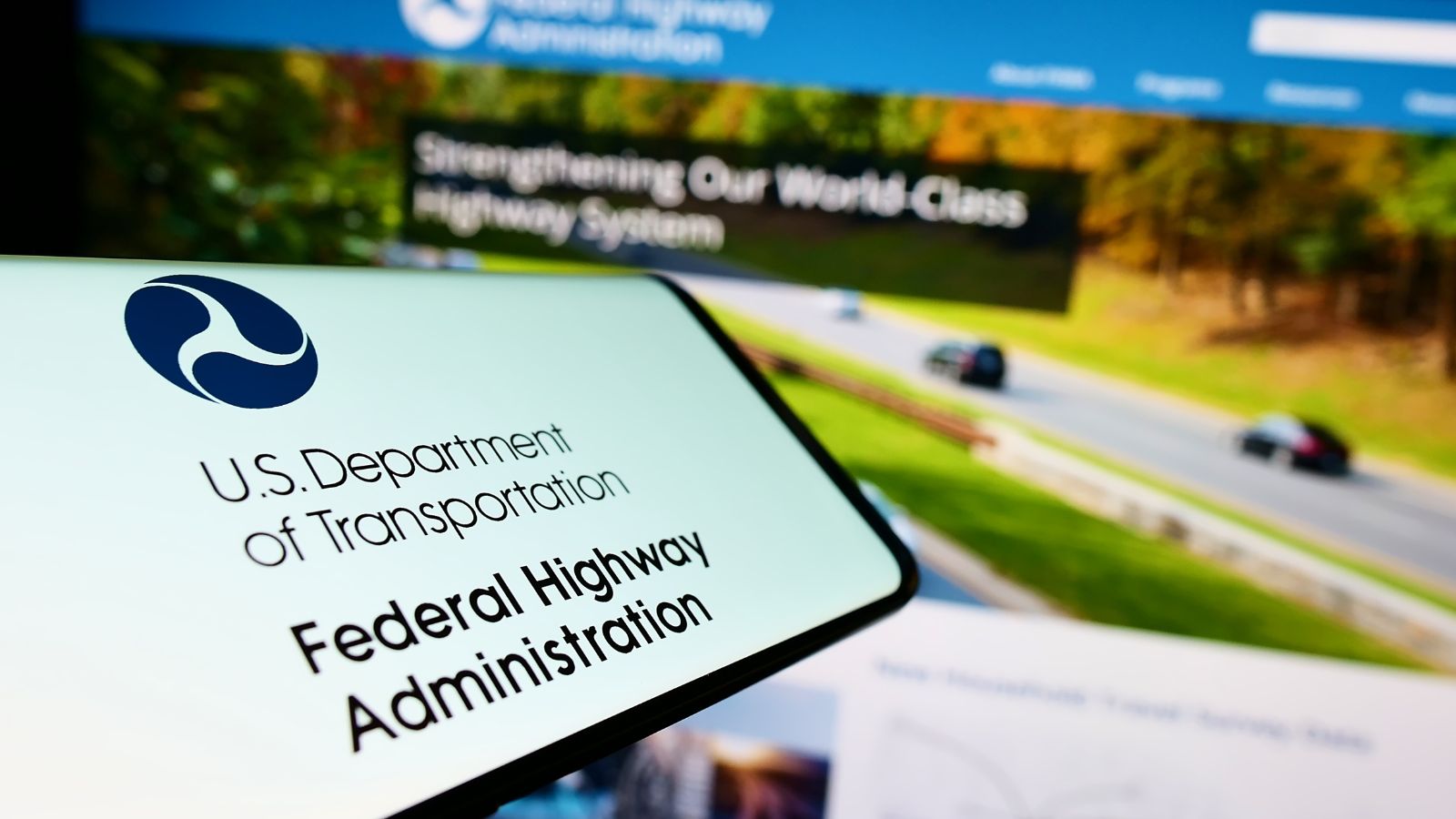
Editorial credit: T. Schneider / Shutterstock.
Led by Republican attorneys general, the challenging states claim the rule is unconstitutional. They believe it unfairly impacts rural areas. Their argument focuses on the Federal Highway Administration (FHWA) and the U.S. Department of Transportation. Cameron said, “President Biden is unconstitutionally ramming his radical climate agenda through administrative agencies that lack Congressional authority to implement such actions,”
Legal and Legislative Grounds
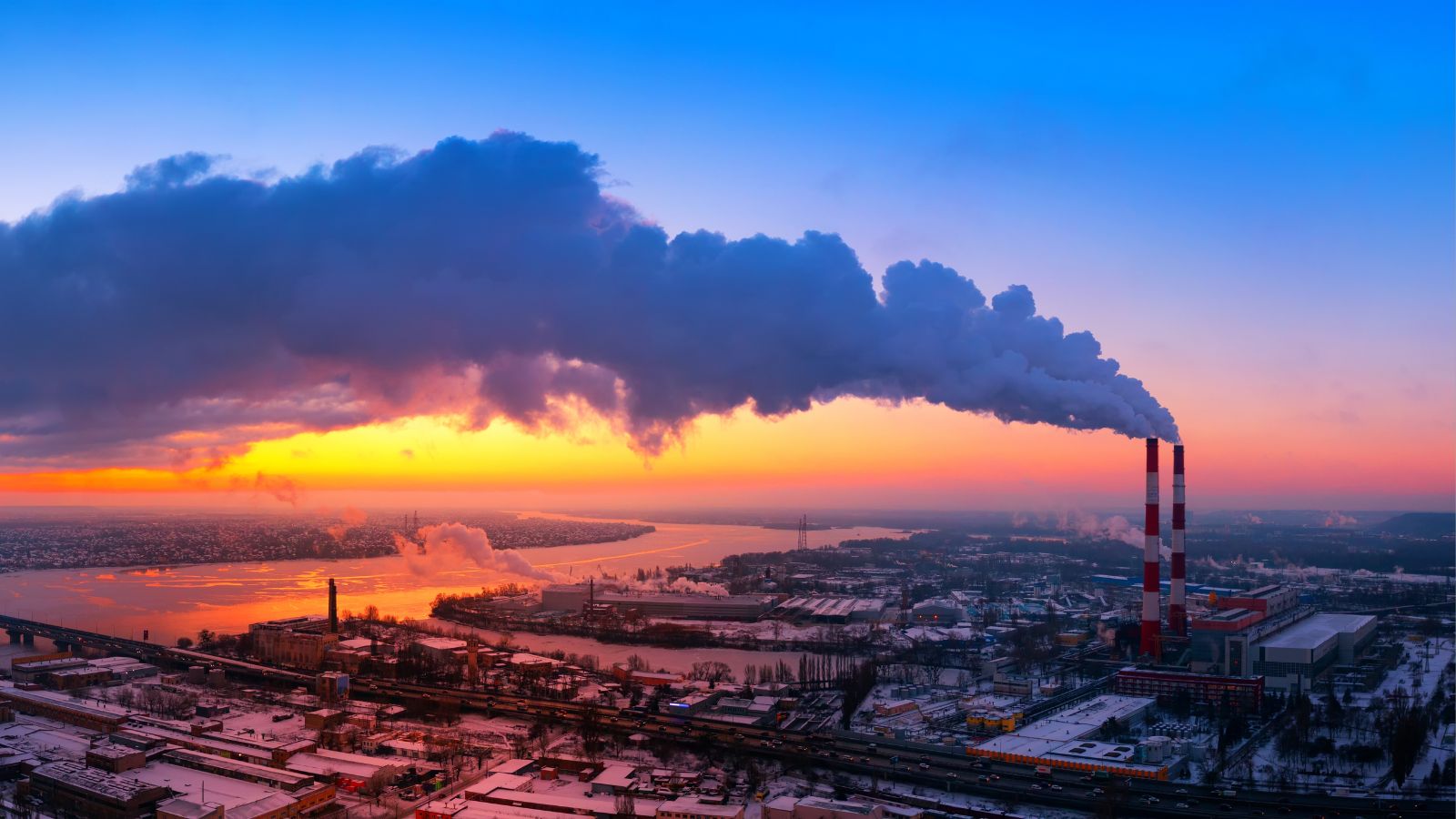
Editorial credit: mykhailo pavlenko/ Shutterstock.
He added, “We will not stand by while this administration attempts to circumvent the legislative process.” His complaint argues that there is no Congressional authorization for the Department of Transportation and FHWA to regulate greenhouse gas emissions. The coalition claims federal agencies cannot force states to issue a federal regulatory program without proper legislative backing.
Impact on the American Economy

Editorial credit: Giulio Benzin/Shutterstock.
Cameron has also spoken about the apparent economic consequences of the rule. He argues that the rule’s requirements will force states to make choices in projects, contracts, and regulations to meet the set targets. He claims this will have a potential ripple effect on economic and other decisions at state levels.
Historical Context of the Rule

Editorial credit: John Gress Media Inc / Shutterstock.
The controversy has its roots in the FHWA’s previous actions. During the Obama administration, they created a similar rule, but the Trump administration later abolished this by claiming it was government overreach. The coalition against Biden’s current rules argues this is an attempt to bring back those earlier standards.
The FHWA’s Defense

Editorial credit: Tiko Aramyan/Shutterstock.
In contrast, the FHWA defended its authority to establish this greenhouse gas (GHG) emissions measure. They spoke about the Moving Ahead for Progress in the 21st Century Act (MAP-21) and the Fixing America’s Surface Transportation Act (FAST Act). They argue that their authority includes environmental performance measurements like GHG emissions.
Federal Agencies Claim Authority
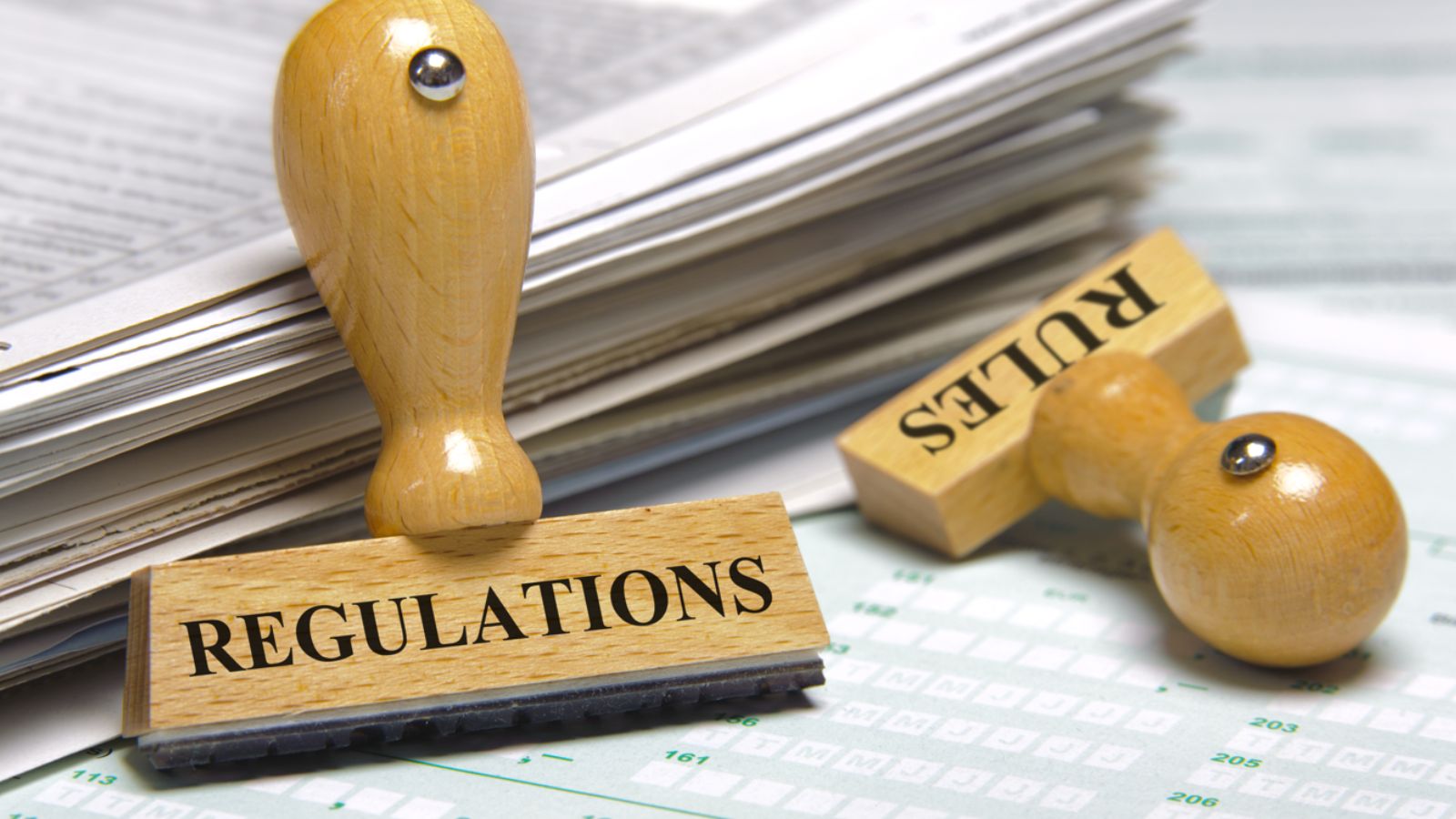
Editorial credit: Wolfilser/ Shutterstock.
The 2012 Moving Ahead for Progress in the 21st Century Act was originally aimed at managing bridges and paved roads. However, the term “performance” was expanded to include “environmental performance” under these new regulations. This broad interpretation is part of the Biden administration’s efforts to reduce national emissions.
Consequences of the Rule

Editorial credit: Christian Mueller/ Shutterstock.
The rule will not penalize states that fail to meet targets. However, the rule is expected to significantly influence transportation policy planning. It encourages prioritizing projects with greater emissions reduction potential. Critics argue that rural and western states may face challenges in reducing emissions due to their unique situations.
Political and Regional Differences

Editorial credit: Ulf Wittrock/ Shutterstock.
The lawsuit is part of a deeper political divide, with Republican-led states opposing the rule because of claims of federal overreach and potential economic impacts. They argue that the rule imposes unfair burdens on states with significant rural areas. In these areas, residents rely heavily on personal vehicles.
Rural States’ Concerns

Editorial credit: d.ee_angelo/ Shutterstock.
The complaint points out that rural residents, who drive longer distances on average, could be disproportionately affected. States with fewer urban areas may find it challenging to include strategies to reduce CO2 emissions effectively. These strategies could include congestion pricing or public transit improvements.
The Problem of Rural Areas
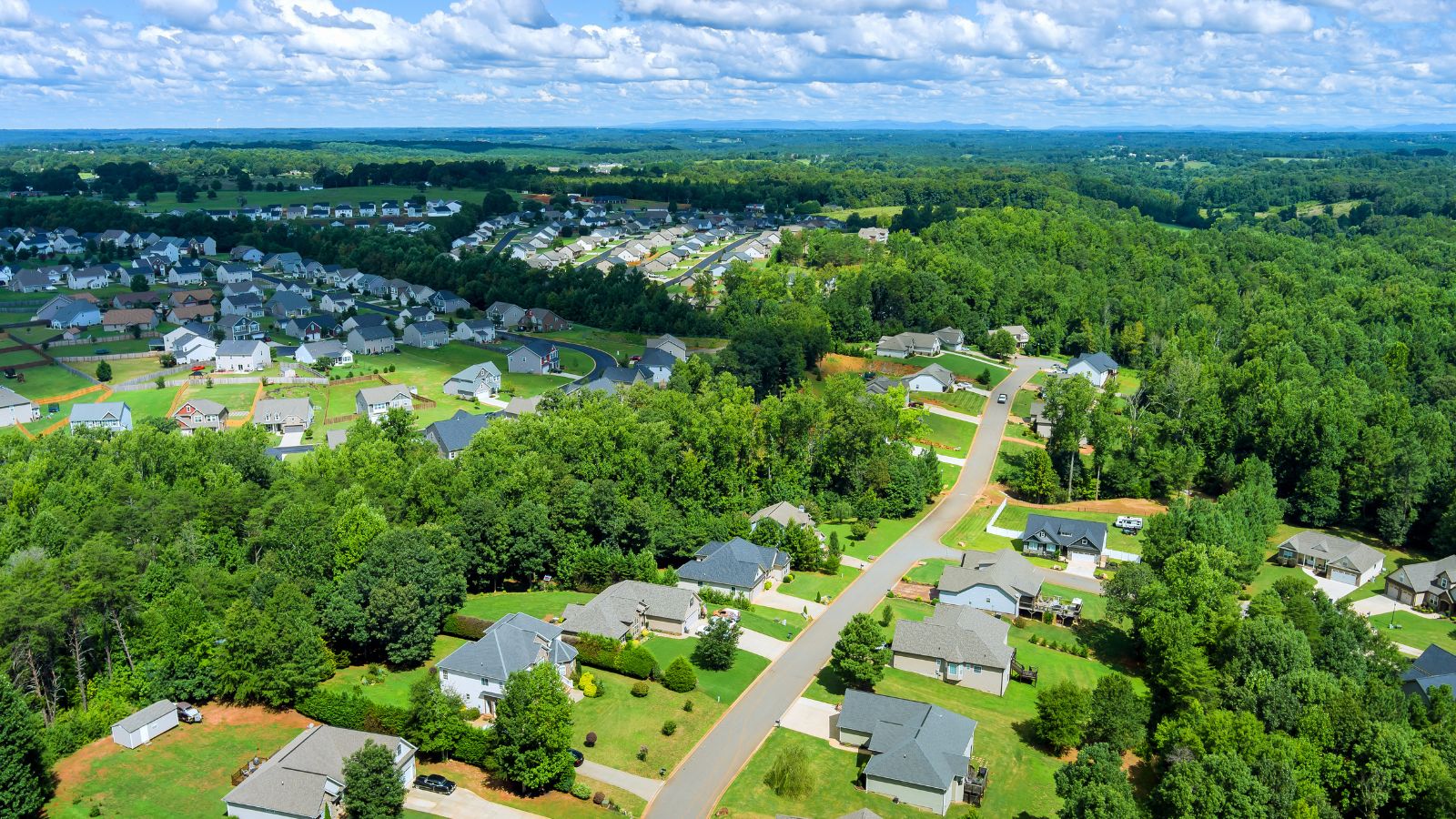
Editorial credit: ungvar/ Shutterstock.
The lawsuit argues that these strategies are not possible in rural areas. This is apparently because these areas have lower population densities. The supporters of the lawsuit argue that it is impossible to apply a uniform standard across the diverse geographical regions of the United States.
Texas’ Separate Legal Action

Editorial credit: JHVEPhoto / Shutterstock.
Like Cameron, Texas Attorney General Ken Paxton has filed a separate lawsuit against the U.S. Transportation Department. Texas, the largest CO2 emitter in the U.S., plays a crucial role in this legal battle. In 2021, it was responsible for approximately 13.5% of America’s total carbon dioxide emissions.
Opposition from Governor DeSantis
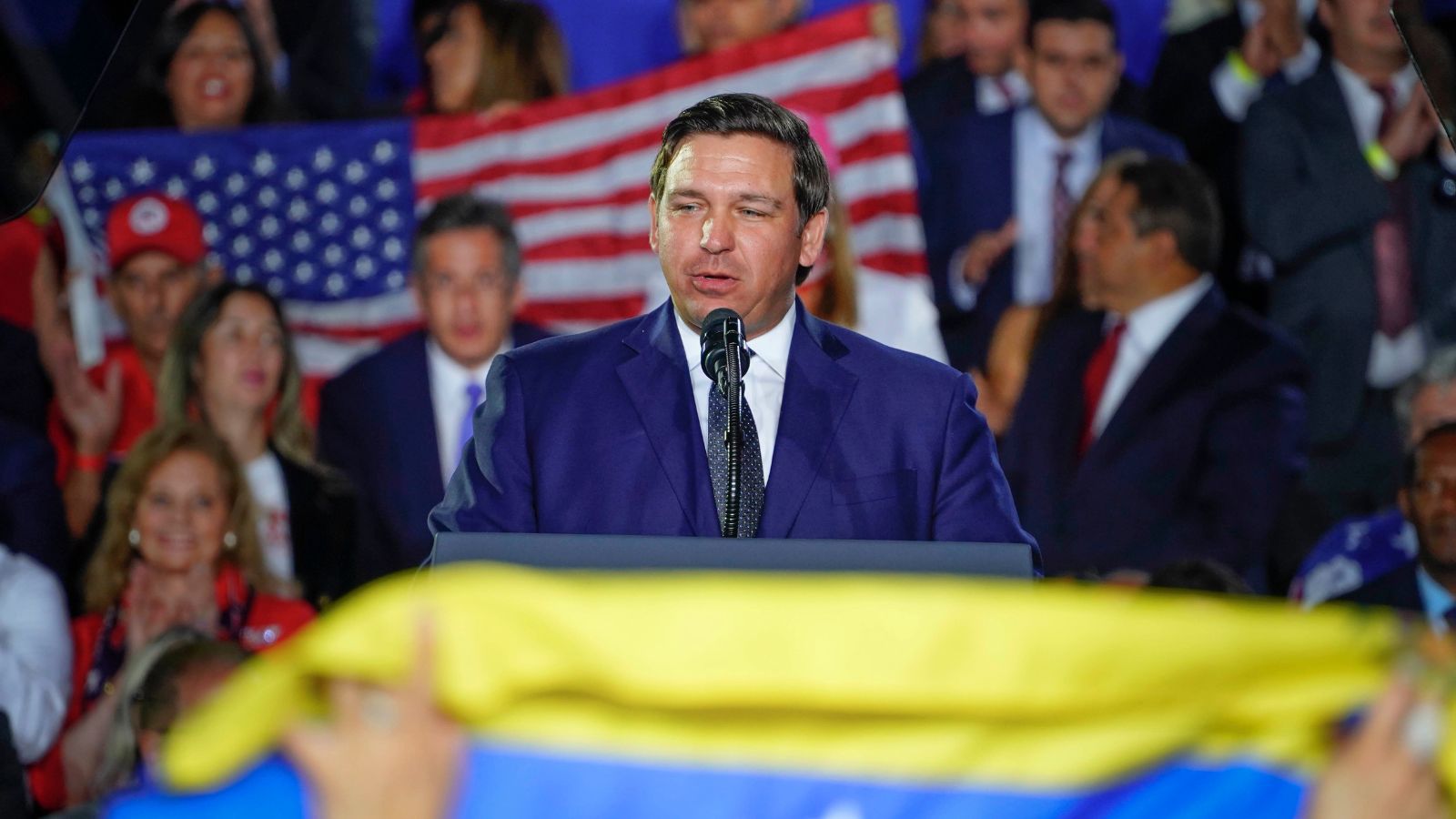
Editorial credit: Hunter Crenian / Shutterstock.
Florida Governor Ron DeSantis has also expressed strong opposition. He said, “Florida will not sit idly by while the Biden Administration tries to force the Green New Deal into existence through the U.S. Department of Transportation. Florida will always fight for freedom and against the federal government’s unlawful efforts to control the American people.”
Montana Attorney General’s Statement

Editorial credit: Zarko Prusac/ Shutterstock.
Montana Attorney General Austin Knudsen has spoken about the unequal impact of the rule on rural states. He argued that the rule shows the Biden Administration’s overreach. He claims their attempts to enforce a “radical green agenda […] might work for the Washington, DC bureaucrats who cooked it up, but it won’t work for Montana.”
Broader Environmental Concerns

Editorial credit: Piyaset/Shutterstock.
The rule is aimed at addressing the larger issue of climate change. Transportation is currently a major source of greenhouse gas emissions in the U.S. However, the states’ legal challenges highlight the complexities of balancing environmental goals with federalism and regional differences.
Concerns Over Drastic Changes

Editorial credit: chayanuphol/ Shutterstock.
The challenge also raises concerns about the practicality of achieving “net-zero” greenhouse emissions. Most Americans still rely on internal combustion engine vehicles, and most of the country uses coal for electricity. Some politicians argue that achieving these targets might require unfair and major lifestyle changes.
Potential Congressional Action

Editorial credit: mark reinstein / Shutterstock.
There is also the possibility of Congressional intervention. Some Senators are considering resolutions to overturn the rule under the Congressional Review Act (CRA). Supporters of this move include Kevin Cramer, who is a Transportation and Infrastructure Subcommittee Ranking Member.
The Bigger Picture

Editorial credit: Melnikov Dmitriy/ Shutterstock.
This legal challenge is part of wider concerns over environmental policy and federal versus state powers. It is also an example of the conflict between Republican and Democrat party officials. As the debate continues, it raises important questions about how the U.S. balances environmental goals with its states’ diverse needs and capabilities.
Terrifying Prospects: 12 Moves Trump Could Unleash If Re-elected in 2024

Editorial credit: lev radin / Shutterstock.
Terrifying Prospects: 12 Moves Trump Could Unleash If Re-elected in 2024
21 Things MAGA Followers Permanently Destroyed For Everyone Else

Editorial credit: Christian David Cooksey / Shutterstock.
21 Things MAGA Followers Permanently Destroyed For Everyone Else
America’s 15 Most Miserable States Revealed: Data Shows Places You Don’t Want to Live

Image Credit: Shutterstock.
America’s 15 Most Miserable States Revealed: Data Shows Places You Don’t Want to Live
12 Ways the World Suffered from Trump’s Reckless Moves

Editorial credit:Evan El-Amin / Shutterstock.
12 Ways the World Suffered from Trump’s Reckless Moves
Trump’s Hit List: 18 Brands That Incited the Wrath of the Former President

Editorial credit: Joseph Sohm / Shutterstock.
Trump’s Hit List: 18 Brands That Incited the Wrath of the Former President